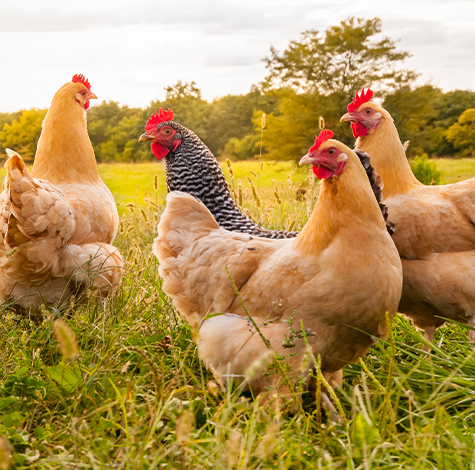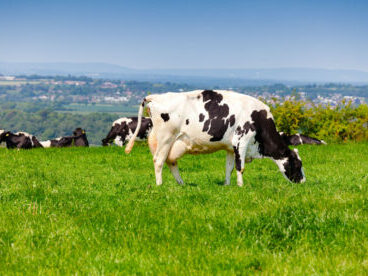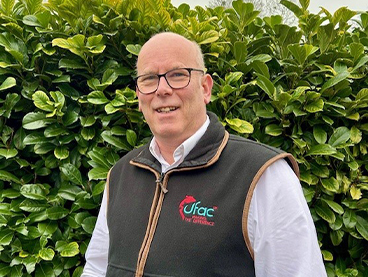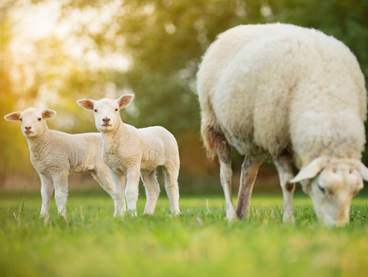Feeding rumen- inert fish oils is the most effective way to supply the readily available omega 3 oils cows require for better fertility as David Turnbull from UFAC UK describes.
Fish oils for fertility efficiency
Feeding rumen- inert fish oils is the most effective way to supply the readily available omega 3 oils cows require for better fertility as David Turnbull from UFAC UK describes.
The omega 3 oils DHA and EPA are proven to increase fertility because they increase the production of progesterone, the hormone responsible for embryo implantation.
This increases the number of embryos that successfully implant, reducing embryo loss, increasing the number of cows getting in calf and in so doing reducing semen costs. By increasing progesterone levels they also encourage stronger bulling behaviour, making heat detection more effective.
“Few feed ingredients contain naturally high levels of DHA and EPA,” David explains. “On most diets cows have to convert C18:3 fats to omega 3s which is a wasteful process. It uses up valuable energy and is only up to 25% efficient, meaning many cows are deficient in DHA and EPA which can explain poor fertility performance.
“The best and most economic response is achieved by feeding rumen-inert fish oils which, unlike plant sources such as linseed, are naturally high in DHA and EPA meaning you are feeding cows the marine-derived omega-3s they need, helping deliver better fertility and more pregnancies as fishmeal used to.”


 Back to News
Back to News 



